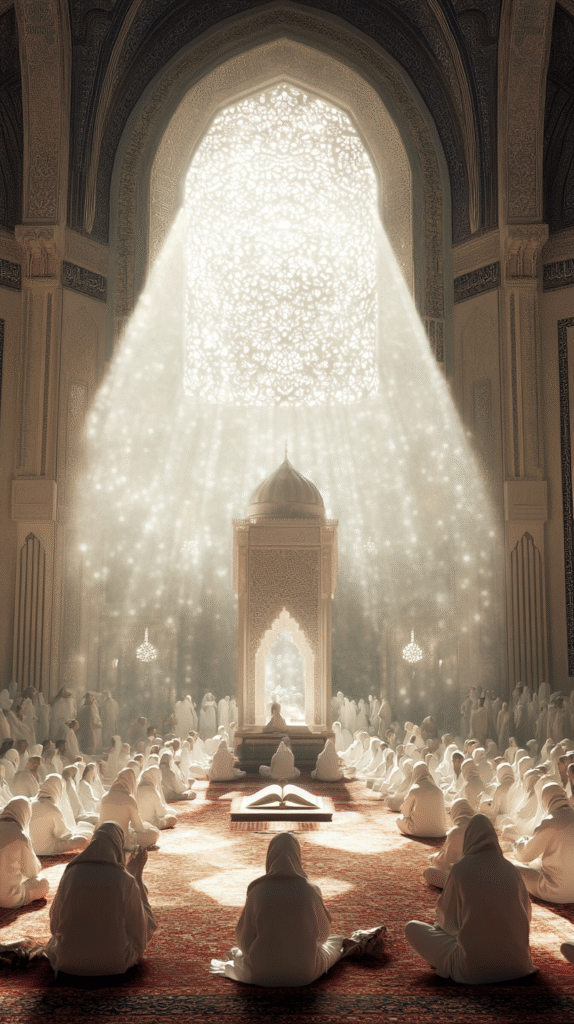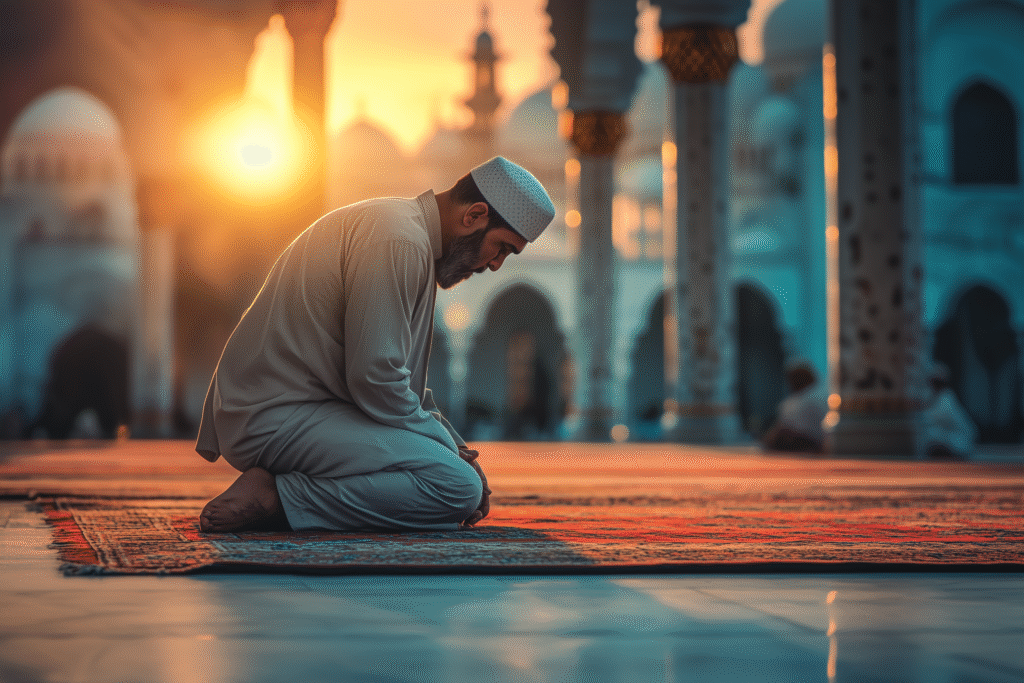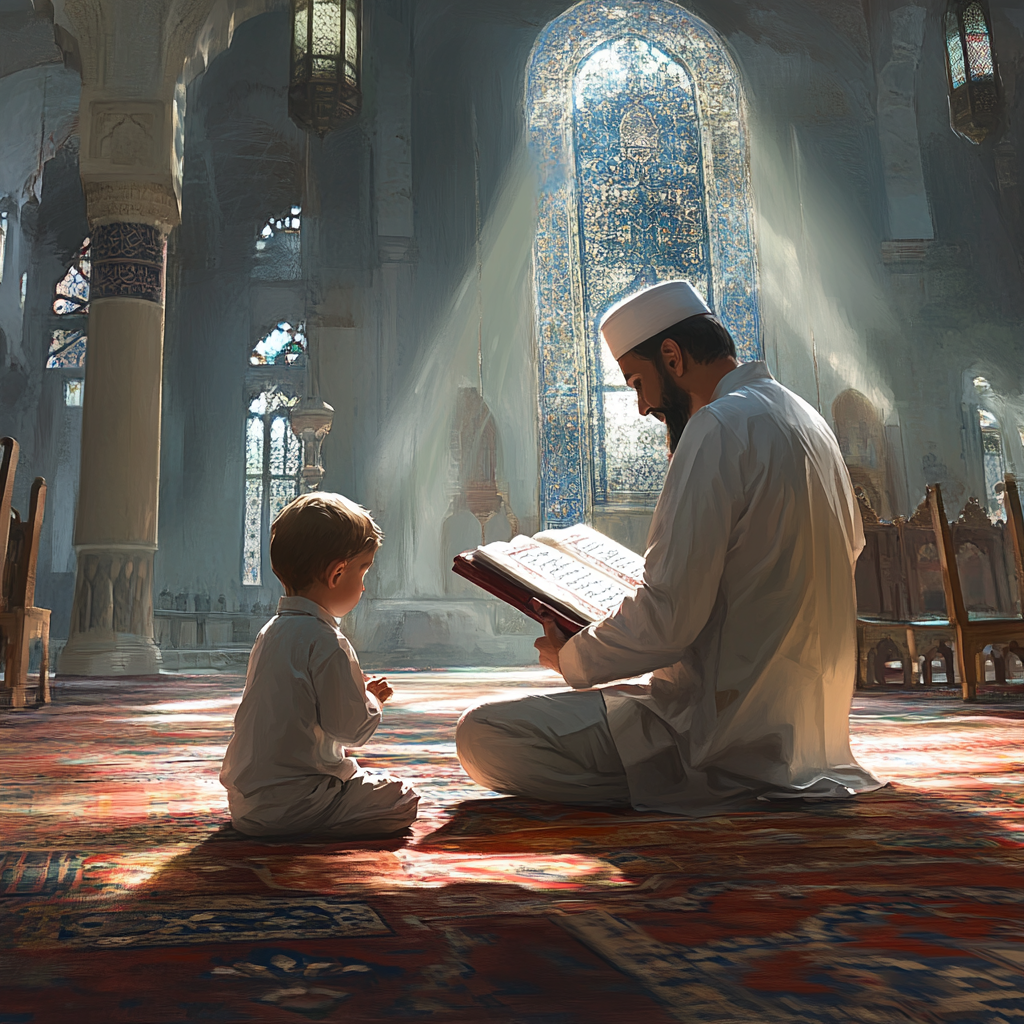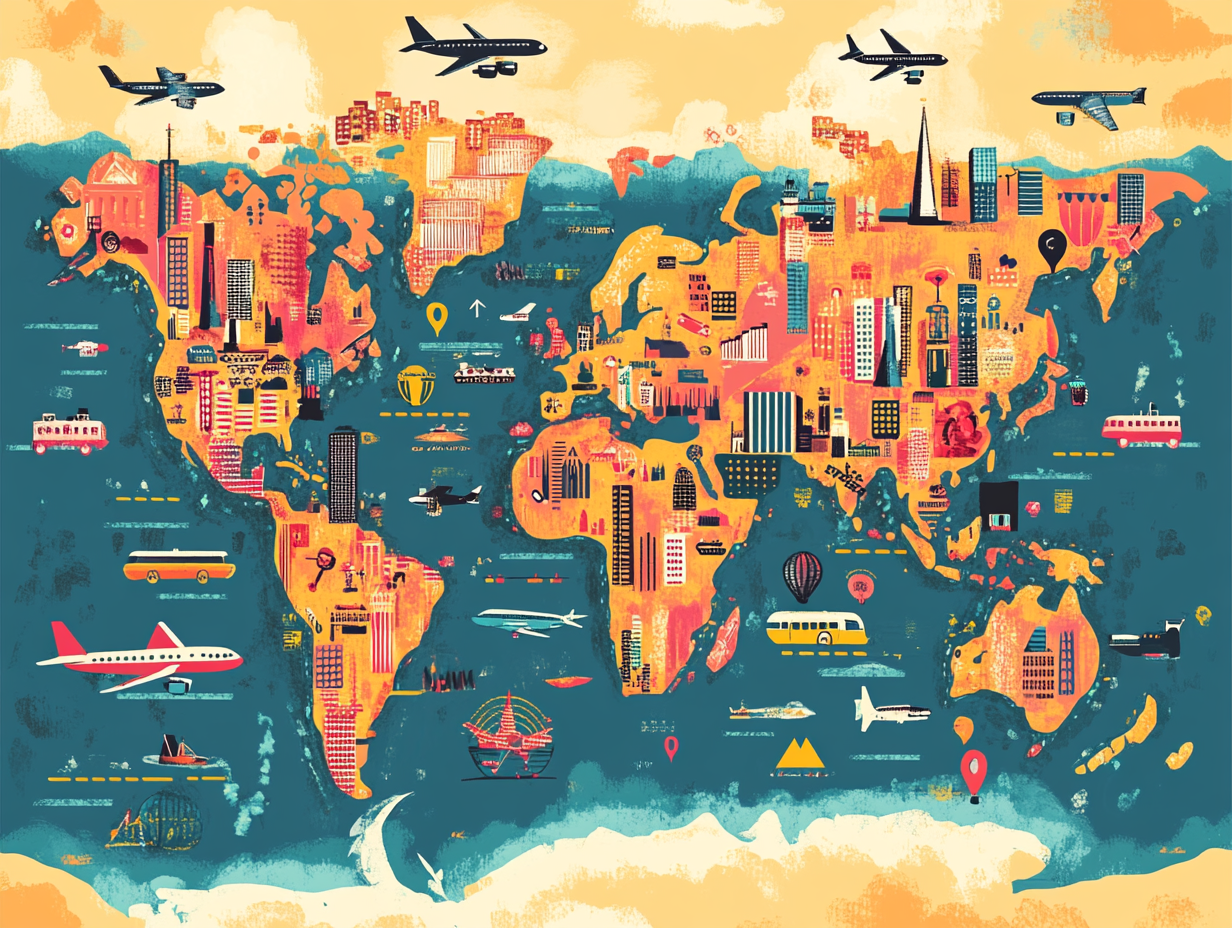Islam is one of the world’s major religions, followed by over 1.9 billion people—nearly a quarter of the global population. While it is widely practiced and influential, it is also frequently misunderstood, especially in regions where it is not the dominant faith. To truly understand Islam, it is important to explore its origins, beliefs, practices, and current role in society in a comprehensive and factual way.

Origins of Islam: The Birth of a Faith
Islam emerged in the 7th century CE in the Arabian Peninsula, a region dominated by tribal polytheism. At that time, Mecca was a religious and commercial center with a sacred shrine known as the Kaaba, which housed numerous idols representing various deities worshiped by different tribes.
In 610 CE, a merchant named Muhammad ibn Abdullah, known for his honesty and thoughtfulness, received his first revelation from Allah (God) through the angel Gabriel while meditating in the cave of Hira near Mecca. These revelations continued for the next 23 years, forming the foundation of the Qur’an, Islam’s holy book. Muslims believe Muhammad is the final prophet in a long line that includes Abraham, Moses, and Jesus.
Muhammad’s message emphasized monotheism, social justice, charity, and accountability to God. It challenged the prevailing polytheistic order and the inequalities of Meccan society. Initially met with hostility, Islam gained momentum through both spiritual appeal and Muhammad’s leadership.
In 622 CE, facing increasing persecution, Muhammad and his followers migrated to the city of Yathrib, later named Medina (“City of the Prophet”). This event, known as the Hijra, marks the beginning of the Islamic calendar. Over the next decade, Muhammad established a unified Muslim community, or Ummah, and eventually returned to Mecca, where he peacefully took control and cleansed the Kaaba of idols.
Muhammad died in 632 CE, but by that time, Islam had spread throughout the Arabian Peninsula.
Core Beliefs of Islam
Islam is built on a foundation of faith and practice. Its teachings are encapsulated in the Five Pillars of Islam, which guide a Muslim’s life:
- Shahada (Declaration of Faith): Belief that “There is no god but Allah, and Muhammad is His messenger.”
- Salah (Prayer): Muslims pray five times a day facing Mecca.
- Zakat (Charity): Obligatory giving of a portion of wealth to the poor, typically 2.5% of savings annually.
- Sawm (Fasting during Ramadan): A month-long fast from dawn to sunset, meant for spiritual reflection.
- Hajj (Pilgrimage to Mecca): A once-in-a-lifetime journey for those physically and financially able.
The Qur’an and Hadith
The Qur’an is considered the literal word of God, revealed in Arabic and preserved unchanged. It addresses theology, morality, social issues, and legal principles.
Alongside the Qur’an is the Hadith, a collection of sayings and actions of the Prophet Muhammad. These texts provide further guidance for daily life and have significantly influenced Islamic law, known as Sharia.

Major Branches of Islam
Islam is not monolithic; it has different schools of thought and sects. The two largest branches are:
- Sunni Islam: Representing about 85–90% of Muslims, Sunnis believe that the leadership of the Muslim community should be based on consensus, beginning with Abu Bakr, Muhammad’s close companion.
- Shia Islam: Comprising around 10–15%, Shiites hold that leadership should have stayed within the Prophet’s family, beginning with his cousin and son-in-law Ali.
Other branches include Sufism (a mystical and spiritual approach to Islam), Ibadi Islam, and various reformist and cultural interpretations.
Islamic Civilization and Contributions
Historically, Islam has been at the heart of one of the world’s greatest civilizations. From the 8th to the 14th century, during the Golden Age of Islam, Muslim scholars made advancements in science, medicine, mathematics, astronomy, philosophy, literature, and architecture.
Institutions like Al-Azhar University in Cairo (founded in 970 CE) and the House of Wisdom in Baghdad became centers of learning, preserving ancient knowledge and innovating new discoveries. Algebra, optics, and surgical tools owe much to Muslim scholars like Al-Khwarizmi, Ibn Sina (Avicenna), and Alhazen.
Islamic art and architecture also flourished, producing iconic structures like the Alhambra, Dome of the Rock, and the Blue Mosque in Istanbul.

Islam in the Modern World
Today, Islam is a global religion, present in nearly every country. The largest Muslim-majority nations are:
- Indonesia – ~230 million
- Pakistan – ~240 million
- India – ~200 million (though a minority)
- Bangladesh
- Nigeria
- Egypt
- Iran
- Turkey
Muslims in the West
In countries like the United States, United Kingdom, France, and Germany, Islam is a growing and diverse faith. Muslims in these countries are engaged in public life, academia, science, business, and the arts.
However, Muslims often face stereotypes and discrimination, especially due to geopolitical conflicts and media representation. It’s essential to distinguish between the actions of political groups and the teachings of a faith that emphasizes peace, justice, and compassion.
Common Misconceptions About Islam
1. Islam Promotes Violence
In reality, the Qur’an explicitly condemns killing innocent people. The word Islam itself is derived from the root S-L-M, which means peace. Like other major religions, Islam has been misused by extremists, but their actions do not reflect mainstream beliefs.
2. Muslim Women Are Oppressed
Cultural practices vary widely, but Islam granted rights to women (property, inheritance, education) long before many other societies. Today, Muslim women are doctors, politicians, scientists, and community leaders.
3. Islam Is Against Modernity
Muslim societies range from deeply traditional to highly modern. Islam has a long tradition of inquiry, science, and innovation and continues to evolve in diverse global contexts.

Islam and Interfaith Relations
Islam shares significant common ground with Christianity and Judaism. All three are Abrahamic religions, believing in one God, prophets, sacred texts, and moral accountability.
The Qur’an recognizes and honors Jesus (Isa) as a prophet and Mary (Maryam) as one of the most revered women. Dialogue and cooperation among these faiths are growing in many parts of the world.
Conclusion: A Global Faith with Deep Roots
Islam is not just a religion; it’s a complete worldview, shaping the lives of nearly 2 billion people. Its emphasis on faith, charity, family, discipline, and community continues to offer meaning and guidance in a fast-changing world.
To understand Islam is to explore a rich spiritual tradition, a complex history, and a global cultural force. Whether one is religious or not, learning about Islam is vital for fostering empathy, dialogue, and mutual respect in our interconnected world.
